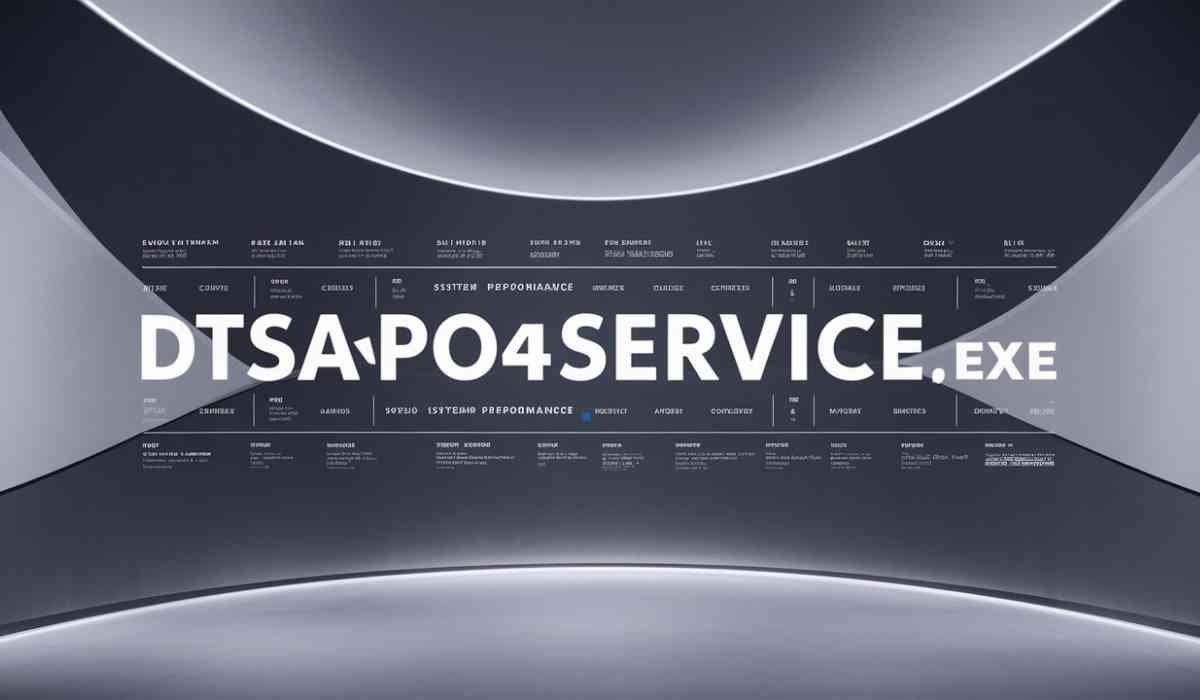Being a claims assessor is no walk in the park. These professionals are crucial to the insurance industry. They evaluate claims from car accidents, property damage, health insurance, and more. But what exactly do claims assessors do?
In this article, we’ll dive into the details of this role. Whether you’re curious about how to become a claims assessor, what it takes to be one, or industry trends, you’re in the right place. By the end, you’ll have a clearer picture of how claims assessors shape the insurance world and what it takes to start a career in this field.
1. Understanding the Role of a Claims Assessor
What does a claims assessor do?
A claims assessor is like a detective in the world of insurance. They are the ones who look at the damages, gather evidence, and determine how much a claim is worth. Their job is to ensure that both insurance companies and policyholders are treated fairly. Here’s a quick overview of their key tasks:
| Task | Description |
| Assess Damages | Visit accident scenes or assess reports to determine damages. |
| Review Claims | Check if the claim meets the policy requirements. |
| Consult with Experts | Work with doctors, mechanics, and other professionals. |
Role of a claims assessor in insurance
In auto insurance, home insurance, or health insurance, the role is almost the same: ensuring that claims are handled accurately and fairly. Claims assessors are the unsung heroes who verify the damages and investigate whether the claims are legitimate. They also work with insurance companies to ensure the claim payout aligns with the policy terms.
Claims assessor vs claims adjuster
You might think claims assessors and claims adjusters are the same. While they both assess claims, the main difference lies in their duties. Claims adjusters are more focused on determining the payout amount for a claim. On the other hand, claims assessors focus more on analyzing the damages and making sure the claim fits the policy terms.
Key differences between a claims assessor and a loss adjuster
Although the terms are often used interchangeably, there are differences between a claims assessor and a loss adjuster. While both roles deal with assessing damages, a loss adjuster typically deals with larger, more complex claims, while a claims assessor might focus on more straightforward claims.
How claims assessors evaluate damages
Claims assessors evaluate damages by gathering evidence, inspecting the scene of the incident, and consulting with experts. This involves:
- Collecting photos, reports, and other documentation.
- Evaluating the physical damage or injury.
- Assessing the validity of the claim against the insurance policy.
Legal aspects of a claims assessor’s job
Claims assessors must abide by laws and insurance regulations. Their job is not just about determining how much money to offer a claimant, but also about ensuring everything is done legally. This includes following guidelines for privacy, fraud detection, and more.
How claims assessors detect fraudulent claims
One of the challenges claims assessors face is identifying fraud. They are trained to recognize red flags, such as inconsistencies in police reports, unclear medical records, or suspiciously timed claims. It’s an important part of their job to prevent fraudulent claims from hurting the insurance industry.
2. Claims Assessment Across Different Insurance Sectors
Claims assessor responsibilities in auto insurance
When assessing auto insurance claims, a claims assessor typically inspects the damage to vehicles, compares repair costs, and assesses whether the claimant is entitled to compensation based on their policy.
Home insurance claims assessor process
For home insurance claims, claims assessors evaluate property damage caused by incidents like fires, floods, or burglaries. They must calculate the cost of repairs or replacement and make sure the amount aligns with the homeowner’s insurance policy.
Health insurance claims assessor duties
In the world of health insurance, claims assessors review medical claims to ensure that the procedures and treatments are covered by the patient’s health plan. They may consult medical professionals and verify billing codes to ensure that the treatment matches the claim.
3. Becoming a Claims Assessor: Education, Training & Certification
How to become a claims assessor
To become a claims assessor, you typically need a background in insurance, finance, or a related field. A degree is helpful, but hands-on training and certifications are just as important.
Claims assessor qualifications and training
While formal education is helpful, becoming a claims assessor usually involves practical training and sometimes even apprenticeship programs. Many insurance companies offer in-house training, and certifications are available through organizations like the American Institute for Chartered Property Casualty Underwriters (CPCU).
How to get certified as a claims assessor
Certification is not always required but can help boost your credibility. In the U.S., organizations like the National Association of Independent Insurance Adjusters (NAIIA) offer certification programs.
Best courses for claims assessors
Several online platforms and universities offer courses for claims assessors. You can find programs that cover topics like insurance law, damage evaluation, and fraud detection.
Claims assessor certification requirements
Certification programs generally require passing exams that cover insurance regulations, ethics, and the technical aspects of claims assessment. The exact requirements vary by state and organization.
Claims assessor training programs online
Training programs like those from Udemy and Coursera offer flexible options for aspiring claims assessors. Many of these programs are affordable and allow you to learn at your own pace.
4. Career Development and Employment
Claims assessor job description
A claims assessor plays a crucial role in ensuring that insurance claims are processed fairly and quickly. Their job description includes investigating the validity of claims, evaluating damages, and working with insurance companies to determine payouts.
Skills required for a claims assessor
Some of the key skills that a claims assessor should have include:
- Analytical skills: To assess damages and review complex reports.
- Attention to detail: To catch discrepancies or fraudulent claims.
- Communication skills: To work with clients, adjusters, and other professionals.
How to write a claims assessor resume
Your claims assessor resume should highlight your insurance knowledge, attention to detail, and any relevant certifications. Make sure to include your skills in evaluating claims and working with experts in the field.
Claims assessor interview questions
If you’re interviewing for a claims assessor position, be prepared for questions like:
- “How do you handle a claim that seems fraudulent?”
- “What methods do you use to evaluate property damage?”
- “How do you ensure accuracy in your assessments?”
Independent claims assessor vs company-employed
Some claims assessors choose to work as independent contractors, while others are employed by insurance companies. Independent assessors have the freedom to work on multiple contracts but may miss out on benefits.
Insurance claims assessor salary
The average claims assessor salary varies depending on location, experience, and sector. However, salaries typically range from $45,000 to $70,000 annually.
Claims assessor career growth opportunities
With experience, a claims assessor can move into senior roles like claims manager or even start their own business. The demand for claims assessors is expected to grow as the insurance industry expands.
5. Practical Aspects of the Job
Day in the life of a claims assessor
A typical day for a claims assessor may involve:
- Reviewing new claims.
- Meeting clients to discuss damages.
- Evaluating reports and documentation.
- Consulting with experts to finalize assessments.
Common challenges faced by claims assessors
Claims assessors often face challenges such as dealing with fraudulent claims, tight deadlines, and sometimes difficult clients. They must be prepared to handle these obstacles professionally.
Claims assessor software and tools
Claims assessors use various tools to streamline their work, such as claims management software like Xactimate or ClaimXperience. These tools help assess damages, process claims, and maintain records.
Role of technology in claims assessment
Technology has revolutionized the claims assessment process, making it faster and more accurate. Tools like drone imaging for property damage or AI-driven software for analyzing claims are helping claims assessors work more efficiently.
6. Industry Trends & Efficiency Factors
Claims assessor industry trends and future outlook
The role of claims assessors is changing with advances in technology. Automated systems are starting to process claims more quickly, but the need for human judgment remains.
How long does a claims assessor take to process claims?
The time it takes for a claims assessor to process a claim depends on its complexity. Simple claims might be processed in a few days, while more complex ones can take weeks.









